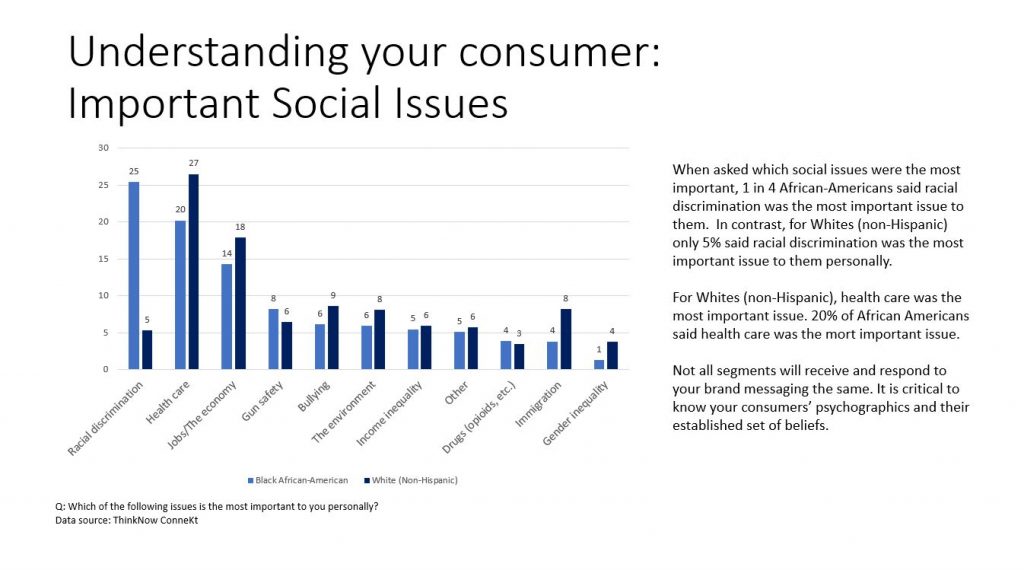Brands Engaging In Cause Marketing, Do Your Research First
The past several weeks has been one of the most difficult in American history. At the hands of white police officers, an unarmed black man, George Floyd, joined a growing list of black men and women killed by those sworn to protect and serve our communities. Protests erupted across all 50 states and in over 18 countries, calling for an end to systemic racism and justice for George Floyd, Breonna Taylor, many others who have prematurely lost their lives due to racial injustice. In response, many companies and brands have expressed solidarity for the #BlackLivesMatter movement across social media.
Companies like Nike and Ben & Jerry’s, who have made significant investments in addressing social justice issues, including racism. The statements they released felt genuine and aligned with their core values. Now, after weeks of protests, more brands are jumping on the bandwagon, releasing statements in support of #BlackLivesMatter though they have rarely, if ever, supported social causes. Especially those related to race issues.
While I believe all companies should support social issues about racial equality for ethical and financial reasons, there is a wrong and right way to begin your journey into the complexities of cause marketing. Consider the following:
- Do you have a track record? – Cause marketing without a proven track record of supporting social issues can come off as opportunistic. If you haven’t previously taken a stance on social issues, be honest about that and explain why now is the time to course-correct. Doing this opens a dialogue with your consumers in which they can help you shape what that support looks like.
- Do you understand your consumers? – A blanket statement doesn’t do anyone any good and can undermine your intended message. Understanding who your consumers are is crucial to aligning your message with the expectations of your core audience. While conducting custom market research is the gold standard in understanding consumers, for many brands, this is cost-prohibitive. On-demand marketing technology solutions, like ThinkNow ConneKt, enable you to understand consumer psychographics in an instant with data that provides insights into what multicultural consumers value:

- If you start, are you brave enough to continue? – The decision to begin a cause marketing campaign should be carefully considered. Posting a serious of generic statements with cool backgrounds on the most visible social media platforms won’t cut it, and you’ll get no credit for contributing. Taking a stance on social issues is an ongoing commitment to actively making business decisions that further the cause you are supporting. Consumers are savvier than ever, especially when it comes to cause marketing, and will call you out quickly and publicly if they sense a hint of inauthenticity. If your brand is considering including cause marketing in its marketing mix, integrate it seamlessly by making it a part of your brand’s culture moving forward.
In 2015, Starbucks launched the “Race Together” campaign, a failed attempt to start a national conversation about race relations in America. While the campaign received swift and brutal blowback, given the current racial climate in the U.S., perhaps Starbucks was on to something. We do need to have a conversation about race. But for brands, how you show up in that conversation must be carefully considered and researched before launch. Starbucks didn’t think about how their campaign would be perceived by marginalized audiences who didn’t even have a Starbucks in their neighborhoods.
Brands must be aware of the critical role they play in the everyday experiences of consumers, not just when something unthinkable happens. Taking a stance on social causes is a long-term pledge, not a short-lived hashtag.